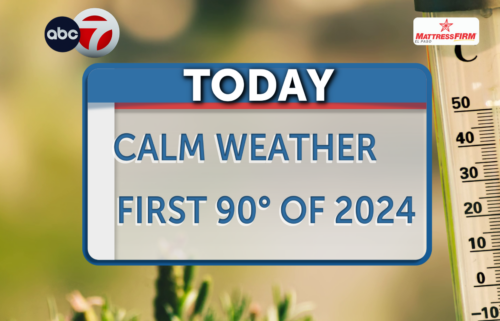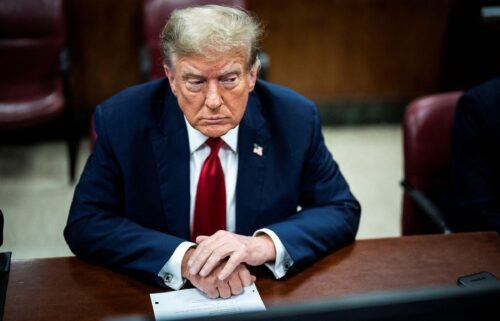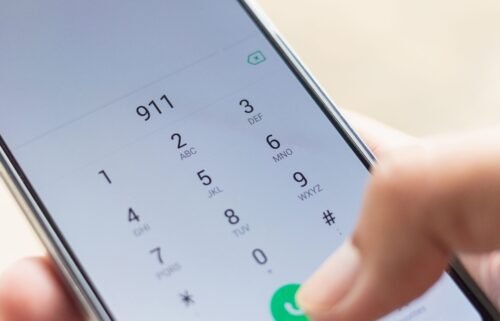President Trump signs executive order on police reform
WASHINGTON, DC -- President Donald Trump took his first concrete steps on Tuesday to address growing national outcry over police brutality when he signed an executive order creating a federal database of police officers with a history of using excessive force.
Trump said he was taking executive action to encourage police to adopt the "highest and the strongest" professional standards, even as he lambasted efforts to defund departments and said police were owed respect for their work.
Speaking in the Rose Garden, Trump said he was signing an executive action "to deliver a future of safety and security for Americans of every race, religion, color and creed."And he said he was seeking to find common ground and fighting for a cause that enjoys wide support.
But at the same time, Trump said Americans "demand law and order" and hailed the efforts of law enforcement to quell violence during protests against police brutality earlier this month.
"Without police, there is chaos," Trump said.While Trump said he met with the families of people who lost loved ones to police violence earlier, they did not accompany him in the Rose Garden. Instead, his audience was made up of representatives from law enforcement and police unions.
The President said he met with the families of Ahmaud Arbery, Botham Jean, Antwon Rose, Jemel Roberson, Atatiana Jefferson, Michael Dean, Darius Tarver, Cameron Lamb and Everett Palmer.
"These are incredible people ... and it's so sad. Many of these families lost their loved ones in deadly interactions with police. To all of the hurting families, I want you to know, all Americans mourn by your side. Your loved ones will not have died in vain," the President added.
The order, which also sets financial incentives for police departments to establish credentialing programs and follow standard "best practices," is a modest attempt by Trump to confront a national reckoning over racial inequities and law enforcement.
After adopting a hardline "law and order" stance amid a national outpouring of anger following the death of George Floyd, an unarmed black man who died after a white police officer knelt on his neck in Minneapolis, Trump has been encouraged by advisers to address issues of excessive police force.
At the same time, he has been cautious about alienating police officers and law enforcement officials, who he believes are among his strongest supporters.
The competing interests led ultimately to Tuesday's executive order, which is the result of an effort led by Ja'Ron Smith, a deputy assistant to the President, and Trump's son-in-law and senior adviser Jared Kushner. Smith and Kushner sought out police reform proposals from criminal justice reform advocates and law enforcement groups in the wake of Floyd's killing.
Trump himself was not heavily involved in drafting the order, people familiar with the matter said. He and some of his top advisers have failed to acknowledge the role of systemic racism in police departments.




